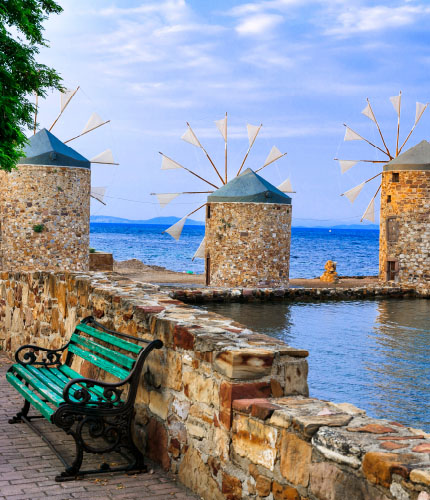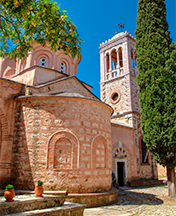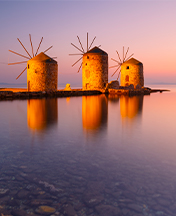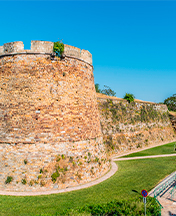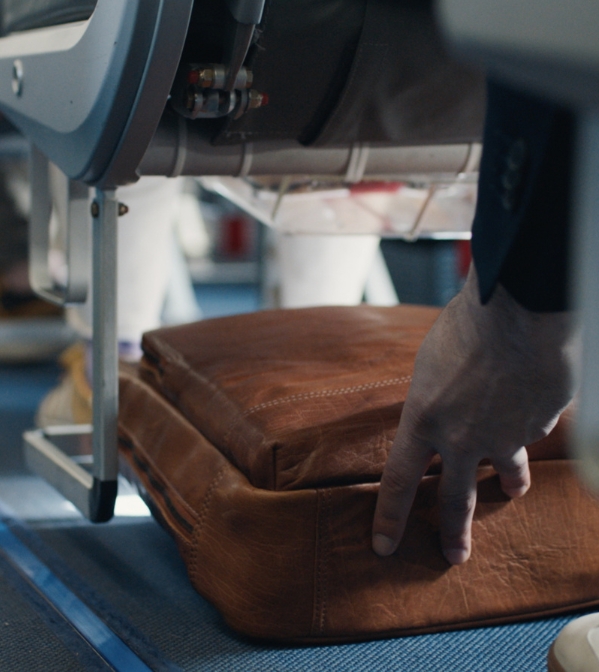According to ancient Greek mythology, the first king of Chios was Oenopionas. The legend even says that Chios owes its name to his daughter, Hiona. It is also said that Chios was the homeland of the famous lyrical poet Homer. The first traces of residents in the history of Chios date back to the Neolithic period and the Bronze Age. During the 7th century BC, Chios excelled in the arts, with some of the best Greek sculptors of the time coming from the School of Sculpture of Chios. During the naval battle of Salamis, Chios joined the Persians. But during the Peloponnesian War its inhabitants fought alongside the Athenians and were under the control of Athens until 356 BC. Then the island became independent and then became part of the Roman Empire. The Byzantine period is a little "blurry", since not much information has survived. After the fall of Byzantium, Chios was constantly attacked by Catalan and Turkish pirates. In the 14th century, the Genoese occupied the island and remained there until 1566, when Chios was recaptured by the Turks. Thanks to the mastic trade, Chios flourished, with the school of Chios being founded in the 18th century and churches and rich mansions being built. With the Greek revolution of 1821, the inhabitants of Chios rose up from Lycurgus Logothetis from Samos, who led his army to fight a Turkish guard, which irritated the Sultan. On March 30, 1822, 7,000 Turkish soldiers under the command of Kara Ali Pasha landed in Chios and slaughtered 25,000 of its inhabitants. On the evening of 6 June 1822, Konstantinos Kanaris avenged the massacre of Chios, killing the Turkish admiral Kara Ali Pasha. The massacre of Chios increased the sympathy of the rest of Europe and the development of philhellenism. On November 11, 1912, Chios was finally liberated and reunited with the newly built Greek state.
